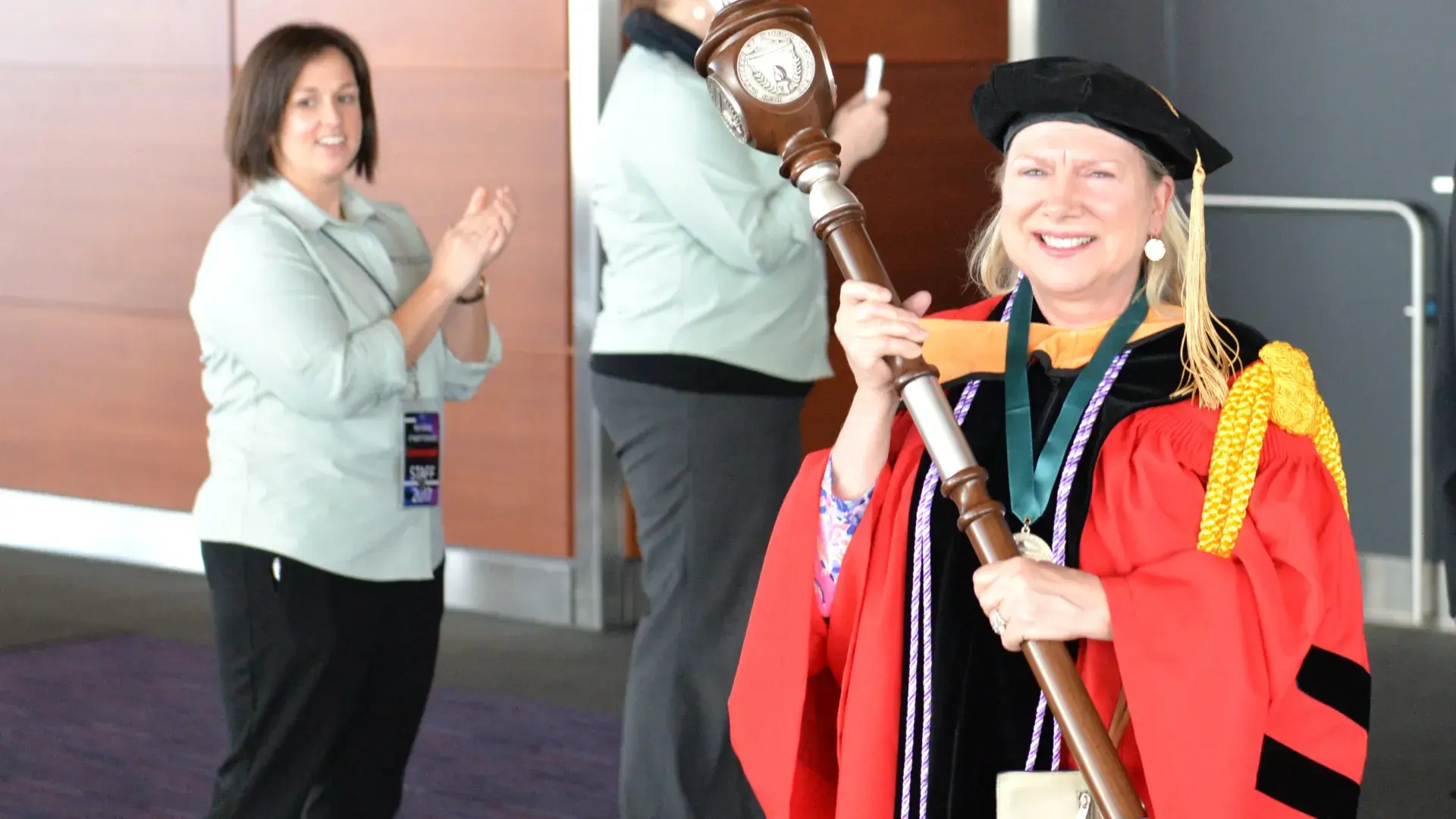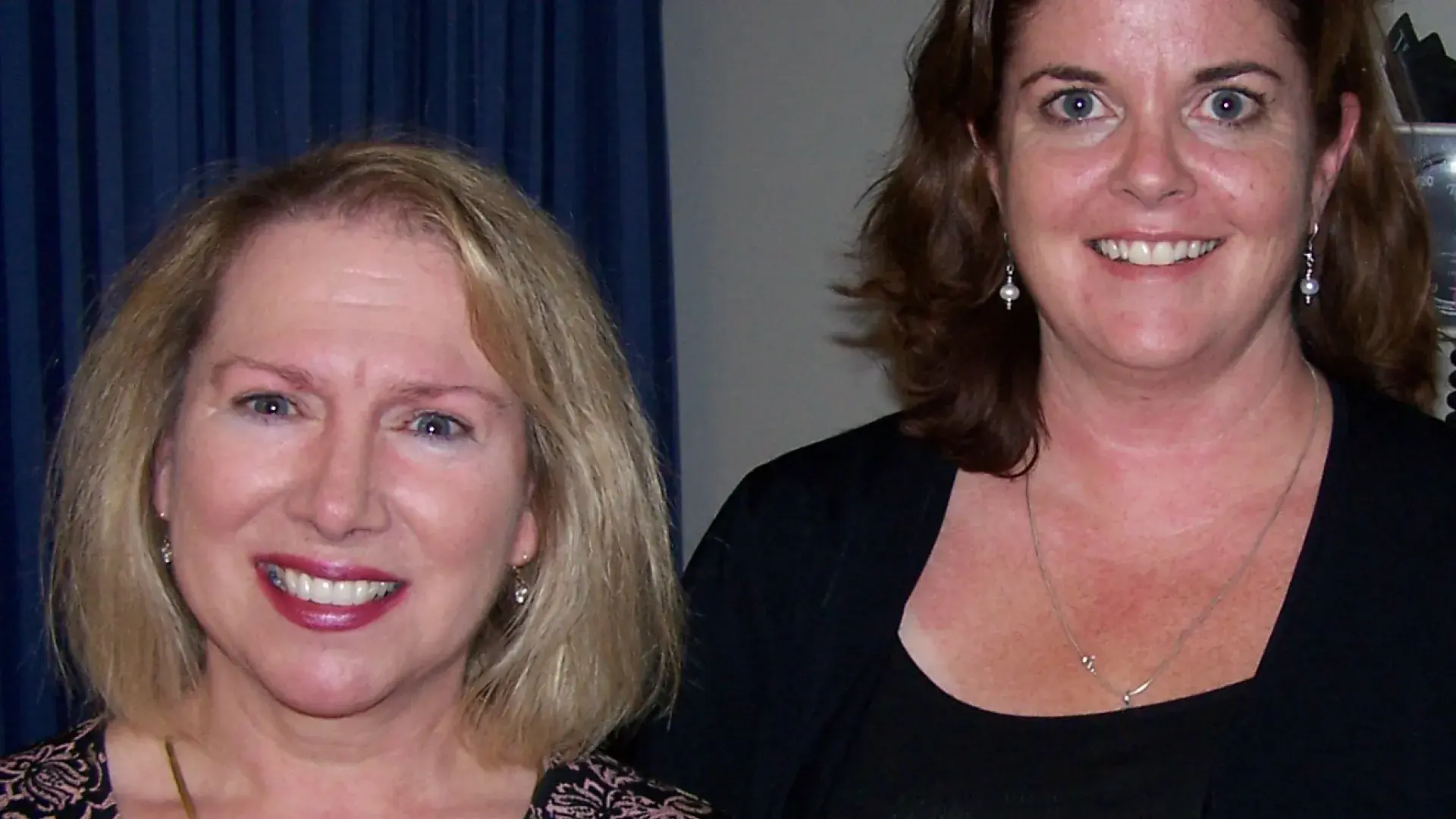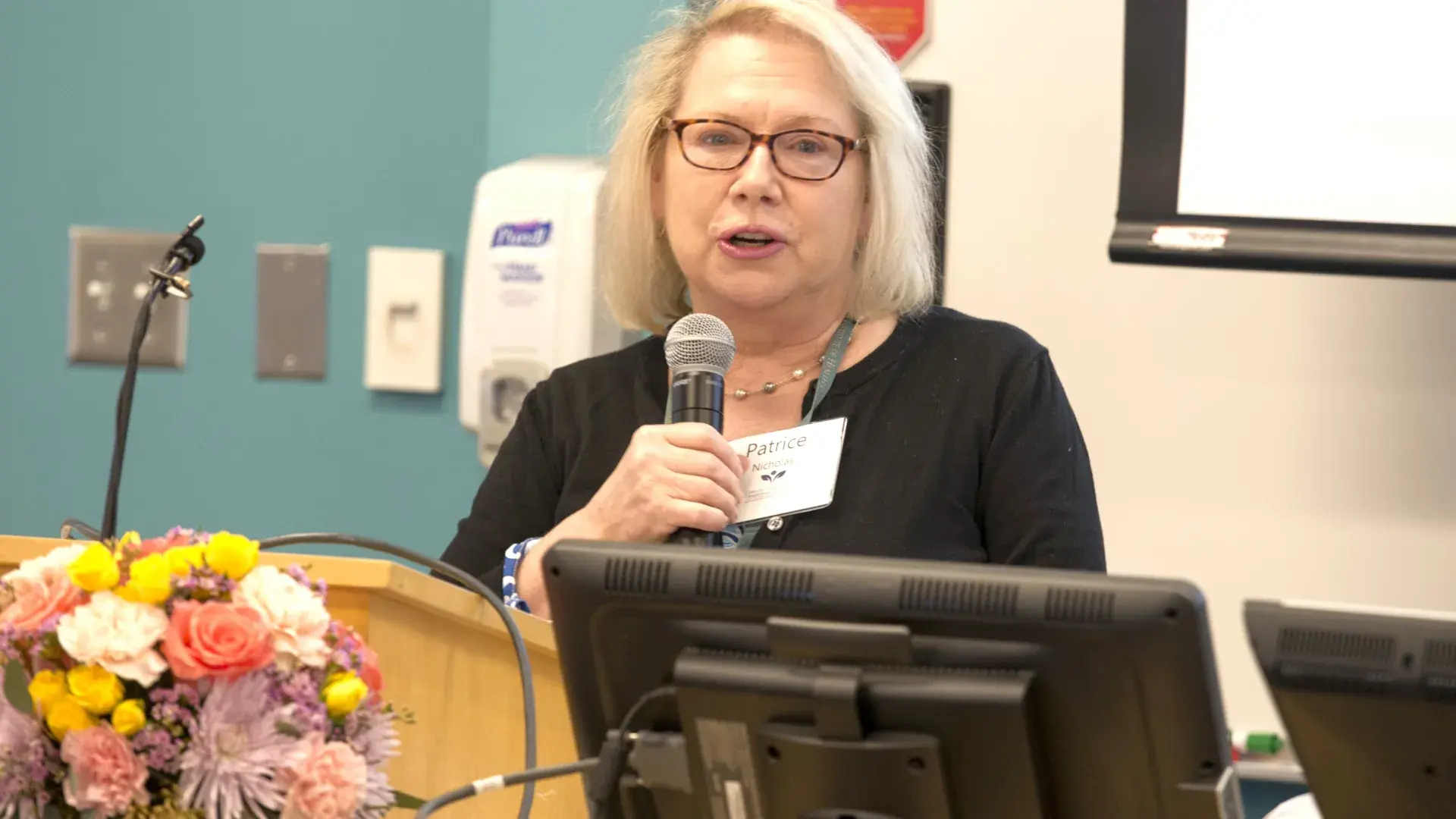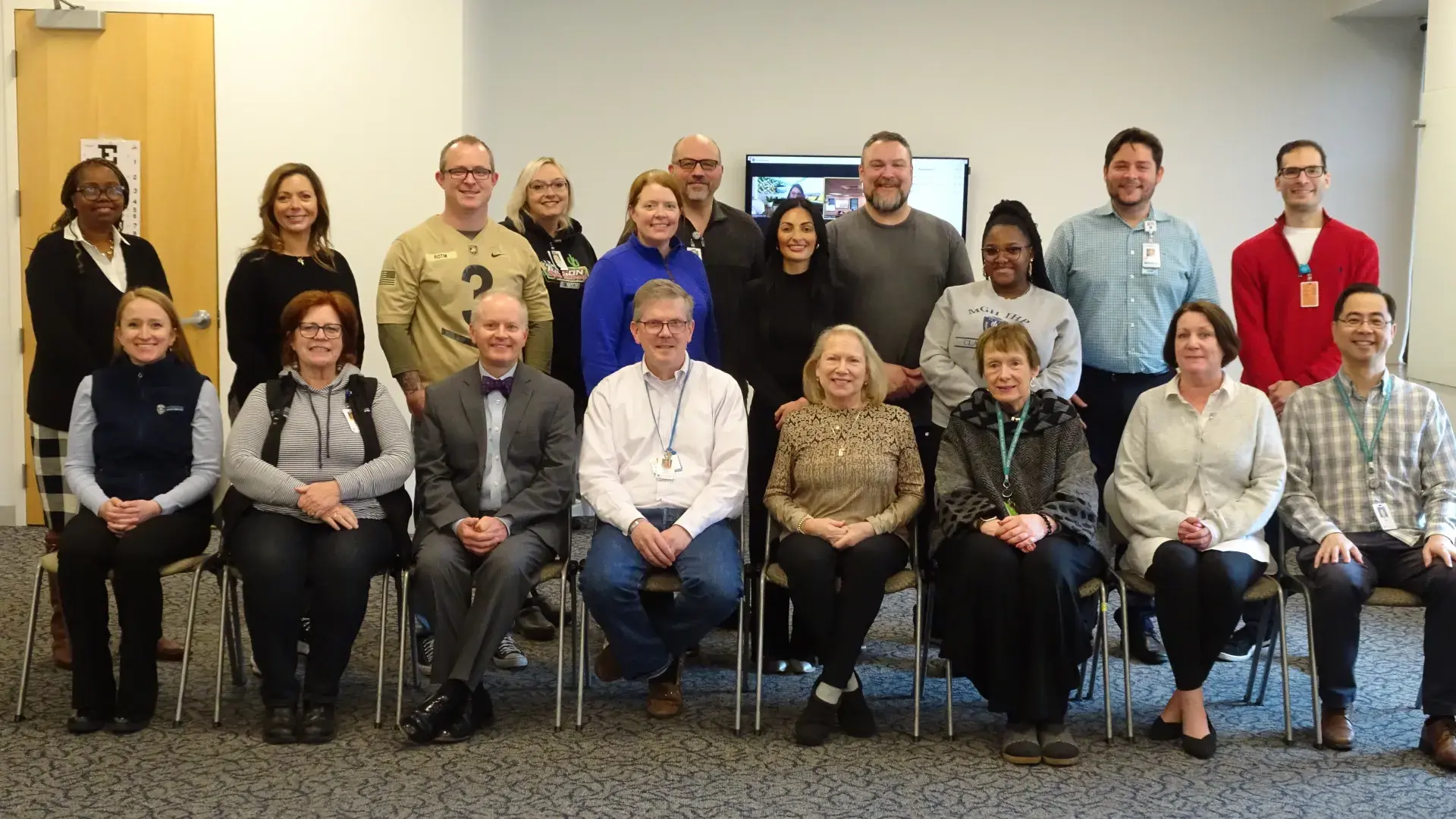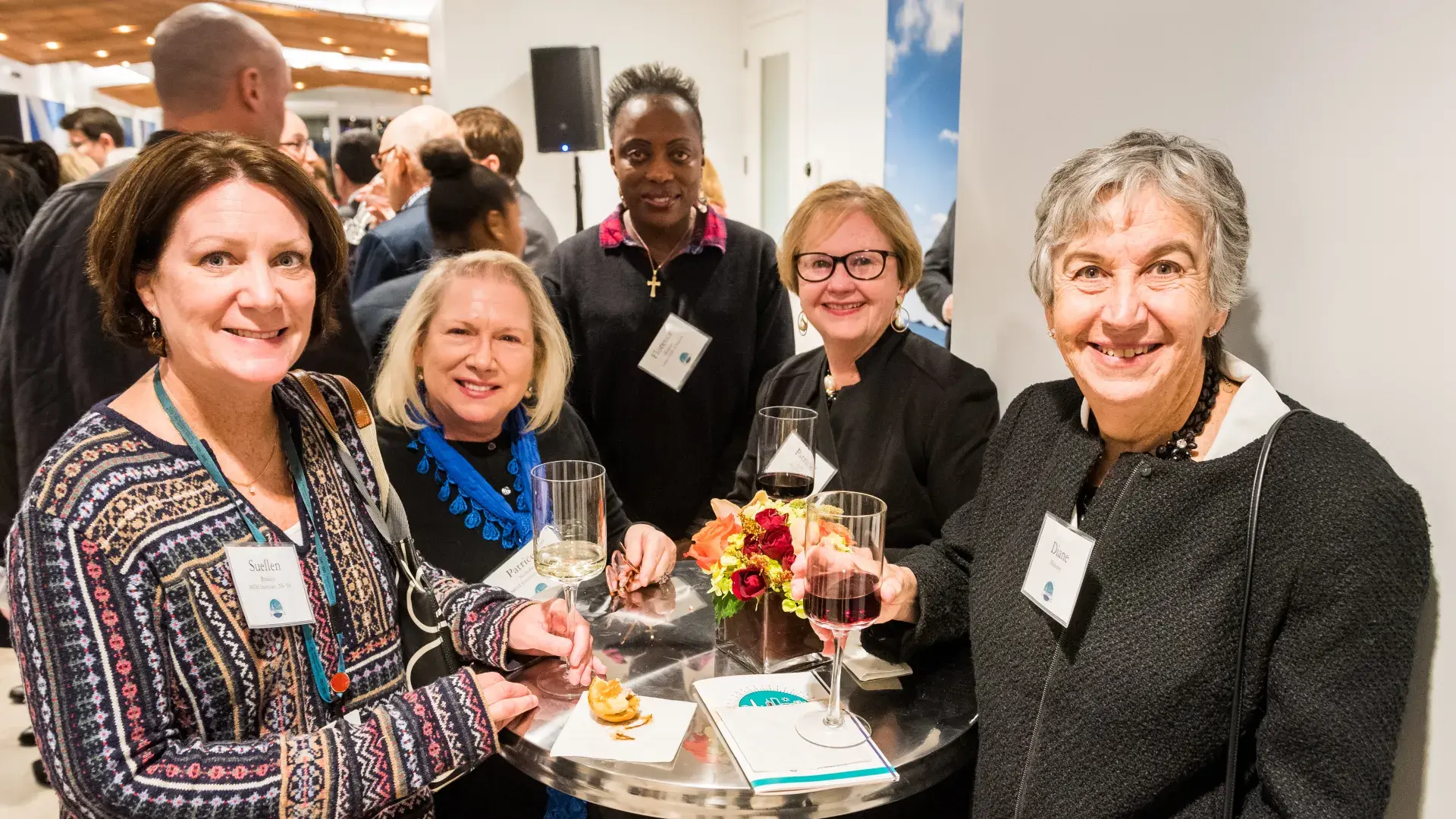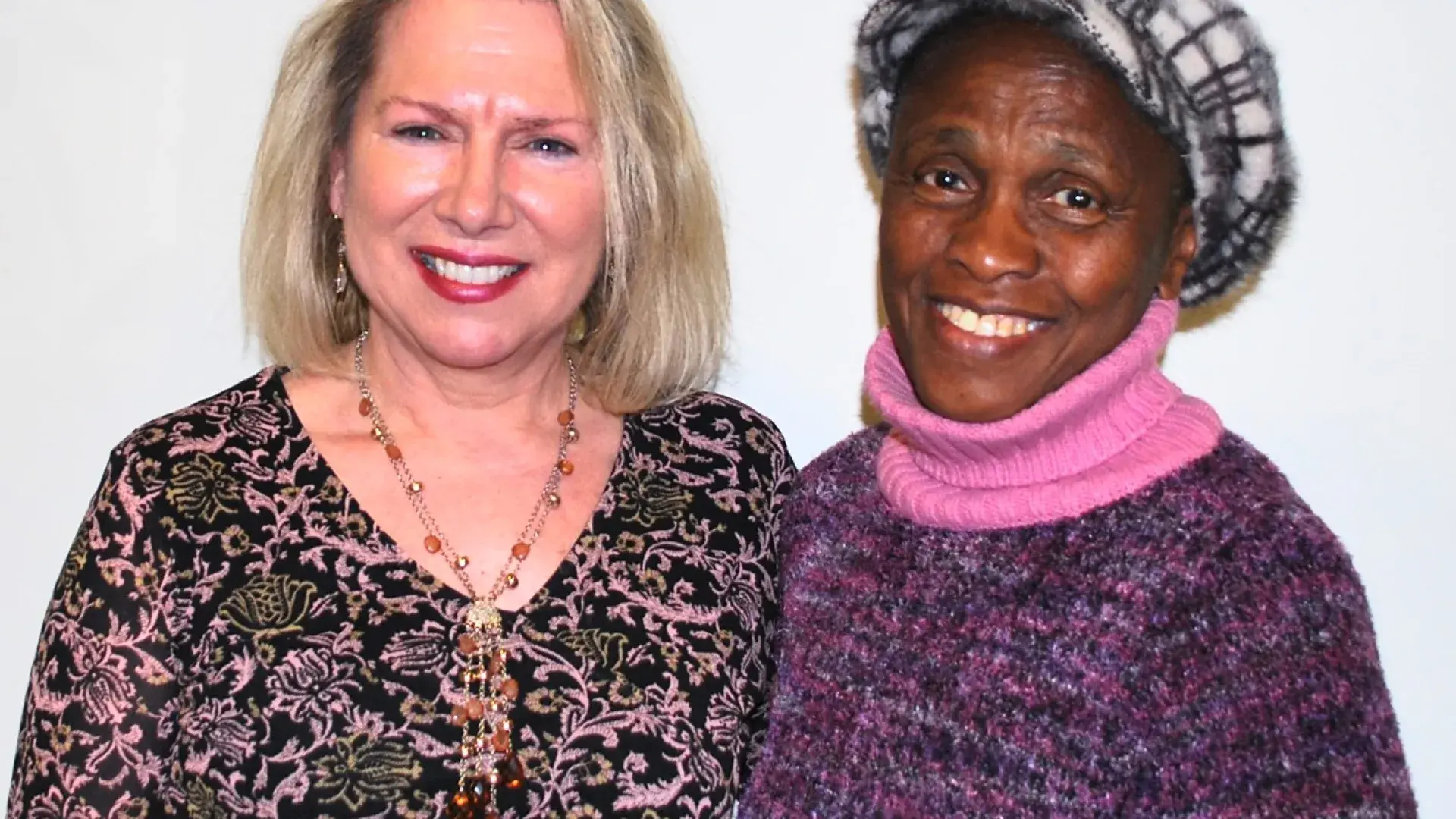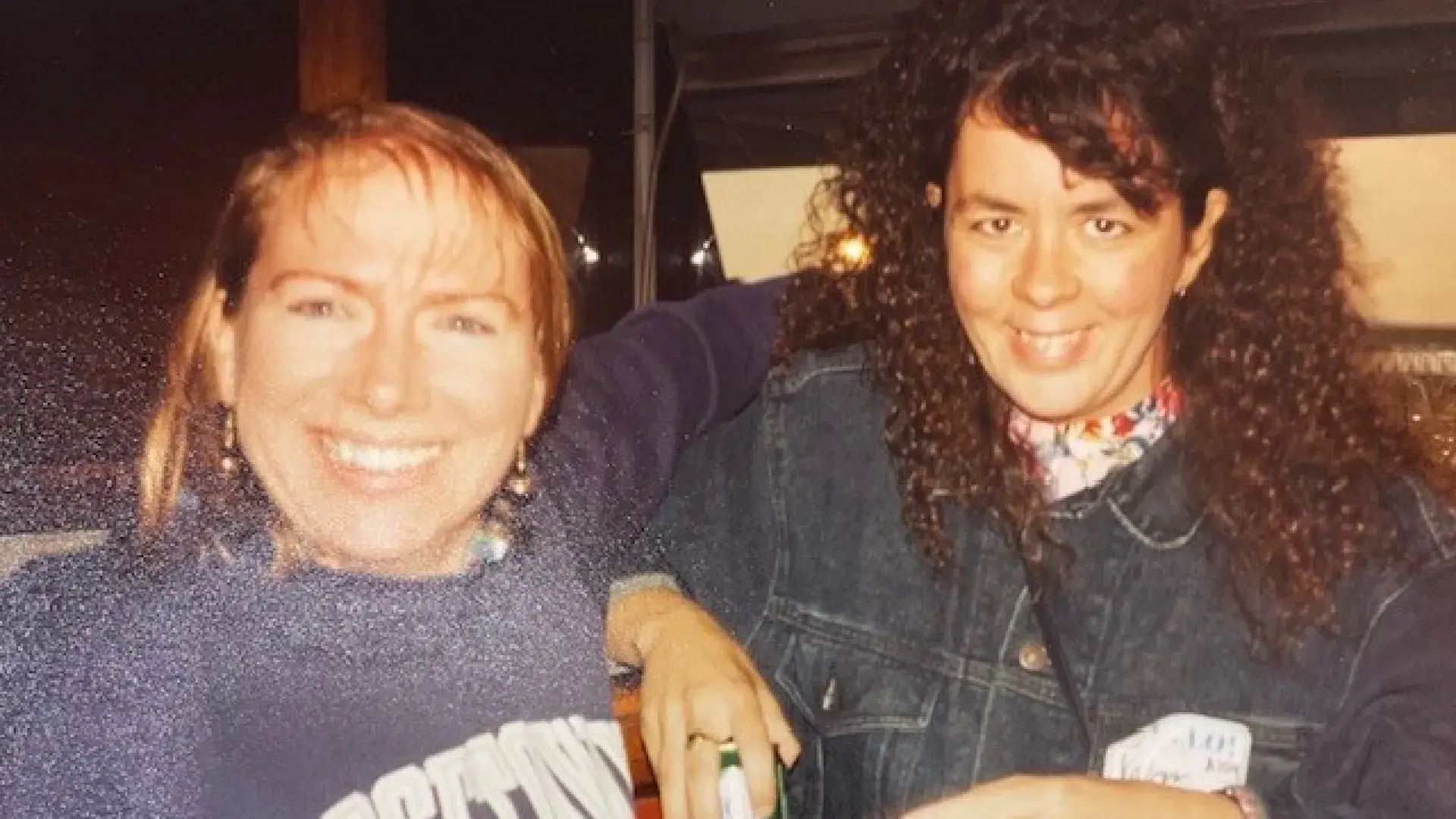
Climate Center co-director, Fulbright Scholar, researcher is encouraged with direction Institute is heading
When Patrice Nicholas headed to college at Fitchburg State, she wasn’t sure what to major in, but her father had an idea.
“My father said to me, ‘You know I think you'd make a great teacher or a great nurse,’” recalled Dr. Nicholas. “And I became both.”
Now, 47 years after entering the Mass General Brigham (formerly Partners) healthcare system, the Distinguished Teaching Professor and Director is retiring from the MGH Institute.
“I'm really looking forward to retirement,” beamed Nicholas. “My husband and I had a third grandchild. That's my next leg of the journey, taking care of grand grandchildren, doing some reading, and not living on the computer or the iPhone.”
Nicholas’ journey has taken her to Massachusetts General Hospital, South Africa, nursing executive boards, in front of thousands of students in the classroom, listed on dozens of research papers she has authored, and being named a Fellow by the American Academy of Nursing. She also served as Director of Global Health and Academic Partnerships at the Brigham and Women’s Hospital, where she co-led the efforts in their successful American Nurses Credentialing Center Magnet journey. But the highlight of her career was co-leading the MGH Institute’s Center for Climate Change, Climate Justice and Health, which organically came to light after Nicholas and SON colleague Dr. Suellen Breakey wrote a manuscript on climate change, climate justice, and environmental health, and submitted it to the most widely read journal for the nursing profession, the Journal of Nursing Scholarship.
“The editor decided to make a whole special edition on climate change, and in 2017, that was one of the earliest papers on the health consequences of climate change that appeared in the literature,” recalled Nicholas. “It positioned the Institute's Climate Center at the forefront. Focusing on health and climate change has now become a major area in the professional literature and also in the lay press as well.”
In fact, Nicholas was selected as an inaugural scholar for the National Institutes of Health in large part because of the Institute’s commitment to the Climate Center and the work that it’s done.
“Occupational heat stress is increasingly in the media, and we had one of the first academic papers on it with two case studies, one a migrant agricultural worker who wasn’t covered by OSHA regulations, and a construction worker who was covered by OSHA regulations,” said Nicholas. “We looked at how heat stress is becoming an incredibly important problem in the U.S., beyond costing billions of dollars, not to mention most importantly, the health of workers.”
Another memorable accomplishment was living in South Africa in 2007 when Nicholas was selected as a Fulbright Senior Scholar at the University of KwaZulu-Natal, focusing on adherence to HIV and TB medications.
“I never thought at the time that I would become a Fulbright Scholar and work with patients living with HIV and in hospices for patients dying with HIV,” recalled Nicholas. “But it happened, and it was quite the experience.”
Teaching was an amazing journey too, one that lasted all 35 years Nicholas was at the MGH Institute. It began while she was a clinical nurse at Massachusetts General Hospital; once she finished earning her Master of Science in Nursing from Boston University in 1982, she began working on her nursing doctorate, earning that from Boston University in 1989.
“It was a research, intensive doctoral program – four years in length,” noted Nicholas. “I took education courses while I was in the doctoral program and the master's program, and it really paved the way for my teaching career at the Institute.”
It’s been a teaching career that has mirrored the incredible growth of the Institute. When Nicholas began, classes were being taught in Ruth Sleeper Hall at Massachusetts General Hospital. In 1989, the offices were also located at River Street near the Boston Public Garden. Then came the move to Merrimac Street near the Boston Garden and finally to the Charlestown Navy Yard.
More than 35 years after walking into the MGH Institute, Nicholas says the decision to walk away is bitter and sweet. The bitter: “It's been my whole career since I was 21 years old,” said Nicholas. “It was as much a part of my life as raising my children. and so that that part I'll miss.” And the sweet: “I’ll have more free time, and there will be less focus on reading professional materials, which I'll still do, but I’ll also enjoying reading things for pleasure - novels and so forth.”
It’s a career she would choose again – without hesitation.
“I think that nursing is such a special career to undertake,” said Nicholas. “I remember reading an opinion editorial in a nursing journal that you can never get bored in the nursing profession because there are so many ways that you can contribute. You can move from one area to another area and feel really as if you're making great contributions to the health of patients and families.”
For nearly five decades, moving from challenge to challenge is what Nicholas did. Now, it’s time to stop.
“I haven't been ready to leave until now, but the timing feels exactly right for me,” she said. “The Institute is well positioned for the future. We have so many talented young faculty - and I've had the chance to mentor many of them. So, I feel as if my leaving is at exactly the right time.”
Nicholas officially retires on July 5 and says the people will be what she misses the most.
“The staff, faculty, colleagues, the students,” she said with a smile. “I'm so proud to have been affiliated with the Institute, and I'm so thrilled with the directions in which it's heading.”
Do you have a story the Office of Strategic Communications should know about? If so, let us know.
